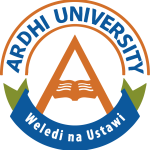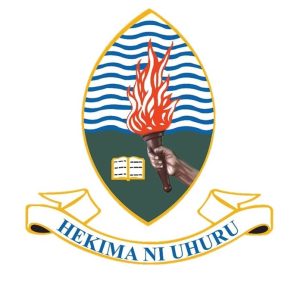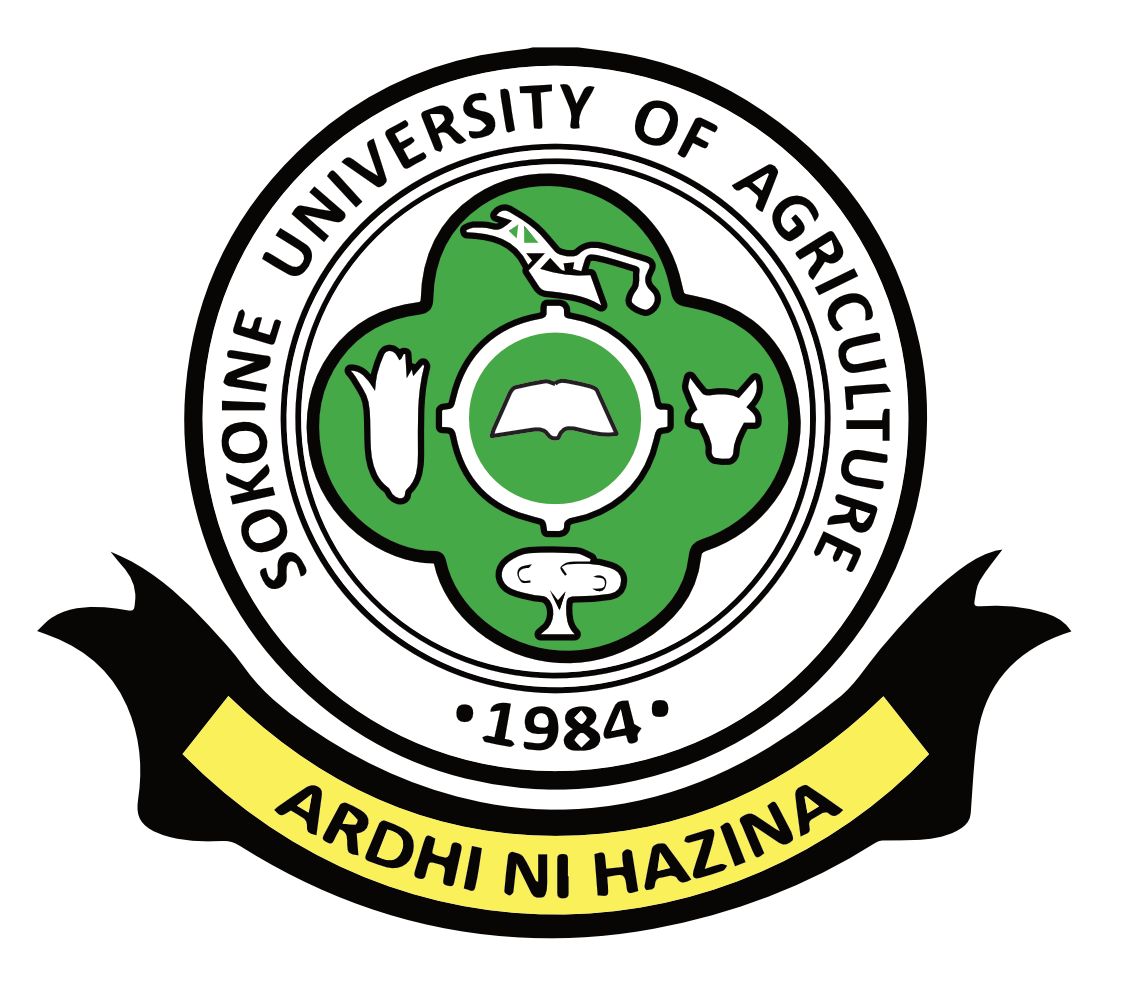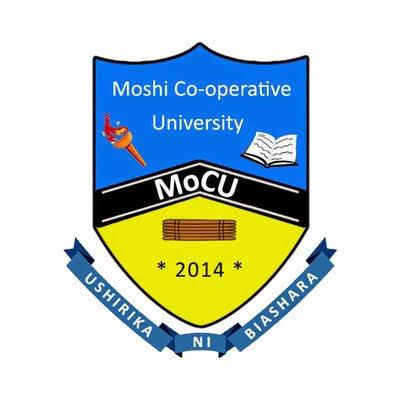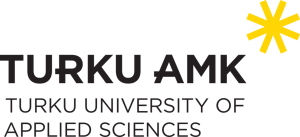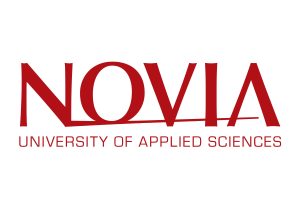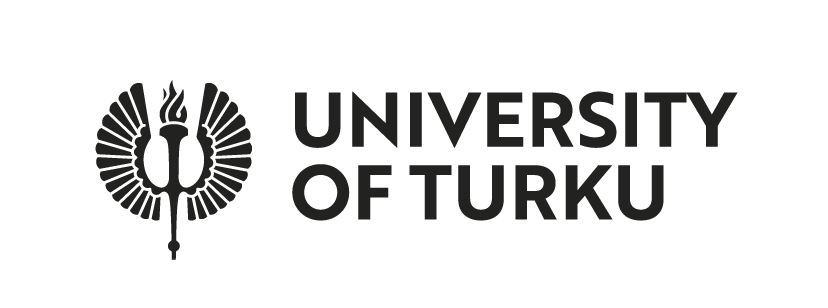Multi-Competence Learning (MCL) playbook
Underlying pedagogy
Challenge-Based Learning (CBL) and Multi-Competence Learning (MCL) in a nutshell
Challenge-Based Learning (CBL) is a relatively new contribution to the pedagogical landscape, emerging in the early 2000s. CBL shares features with PBL (Problem-Based Learning) and PjBL (Project-Based Learning) but distinguishes itself by involving learners and stakeholders in co-creating challenges, where the challenge is not fully predefined. Learners act as subject experts, with the teacher facilitating and supporting the learning process.
In the evolving educational landscape, the shift towards PBL 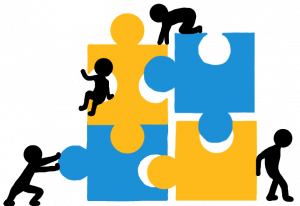 and CBL transforms learning. The CBL learning experience is typically multidisciplinary, involves different stakeholder perspectives, and aims to find a collaboratively developed solution, which is environmentally, socially, and economically sustainable. This evolution necessitates a redefinition of the teacher's role. Teachers are to become mentors, guiding students through active exploration and self-directed learning. Teachers have to shift from more traditional teacher-centered education to becoming instructional designers of student-centered education.
and CBL transforms learning. The CBL learning experience is typically multidisciplinary, involves different stakeholder perspectives, and aims to find a collaboratively developed solution, which is environmentally, socially, and economically sustainable. This evolution necessitates a redefinition of the teacher's role. Teachers are to become mentors, guiding students through active exploration and self-directed learning. Teachers have to shift from more traditional teacher-centered education to becoming instructional designers of student-centered education.
"Challenge-Based Learning encourages mentors or lecturers to think outside the box and explore new ways of approaching learning objectives. It requires teachers an lecturers to adapt their mindset, teaching techniques, and assessment methods to align with the principles of CBL. This may involve stepping out of one's comfort zone and being open to experimentation and iteration." -University lecturer, Ardhi University, Tanzania
Stakeholder engagement is pivotal in CBL, connecting academic studies with real-world challenges. This exposure to authentic problems fosters collaboration and solution-oriented thinking, preparing students for future complexities. The core of PBL/CBL is student-centered active learning, where students actively participate, breaking down complex problems collaboratively, fostering critical thinking and problem-solving skills. The connection with real-world scenarios requires from a mentor skills to encourage students to work actively with experts, peers and multiple stakeholders and simultaneously urge them to pursuit their future professional endeavours.
"In the traditional way of teaching, students are taught in class without or with very little interaction with stakeholders. Providing early linkages to stakeholders not only makes students get a real feeling of what is happening in the labour market but also start preparing them for the industry while still at university." -University lecturer, Moshi Co-operative University, Tanzania
In summary, PBL/CBL represents a departure from traditional teaching, emphasising active, collaborative, and authentic learning. Teachers become facilitators and learning designers, stakeholders turn into partners, and students emerge as architects of their knowledge (not passively receiving information but active participants in their education), ready for challenges that await them beyond the classroom. They delve into complex problems, breaking them down into manageable components, and collaboratively work towards viable solutions.
Applying CBL pedagogical approach into MCL program
MCL (Multi-Competence Learning), rooted in Challenge-Based Learning (CBL), represents a progressive shift towards a holistic educational experience. In a world of global interconnectedness, MCL's spatio-temporal approach provides students with a comprehensive understanding of critical topics like climate, sustainability, and resilience. By tackling real-world challenges, students not only comprehend these systems intricately but also develop a sense of responsibility for sustainable solutions.
In the geospatial data domain, students gain practical skills using cutting-edge tools, bridging the gap between theory and application. This not only enhances technical proficiency but also cultivates a problem-solving mindset crucial in today's data-driven landscape.
"MCL does not only expose students to practical know-how, but also fosters commitment to innovation and excellence in teaching. Students engage with the real world problems by applying the skills that I offer on courses, and they get encouraged to continue with their MCL projects when the learning process contains well organised teaching practices, and assessment based on feedback and experience." -University lecturer, State University of Zanizbar
Emphasising collaboration in the professional world, the multi-skilled team working domain focuses on entrepreneurial and innovation skills. Through group projects, students navigate diverse perspectives, adaptation to changing conditions, harness collective creativity, and implement effective strategies in a team setting.
 MCL's cornerstone is the mentor/facilitator role, guiding students through a responsive, dynamic learning environment tailored to evolving needs. Mentor selection is crucial, requiring an understanding of the local context, experience in collaboration projects, and expertise in the challenge area and learning process.
MCL's cornerstone is the mentor/facilitator role, guiding students through a responsive, dynamic learning environment tailored to evolving needs. Mentor selection is crucial, requiring an understanding of the local context, experience in collaboration projects, and expertise in the challenge area and learning process.
Mentors play a vital role in designing the MCL pedagogical scaffolding and guiding students to define challenges and develop potential solutions. Training mentors to meet MCL requirements demands time and effort, ensuring the design of innovative and inspiring learning opportunities.
Want to know more how MCL mentorship works in practice? Visit Mentorship experiences page to read insights from students and staff who had a mentorship role in Tanzanian universities in the 2023 MCL campaigns.
Key points for the mentor to focus on in an MCL program
Underlying PBL/CBL pedagogy approach
- Teacher's new role as facilitator and learning designer
- Student-centered, active learning
- Stakeholder engagement and cooperation - real world challenges
Applying CBL in an MCL program
- Learning to understand systems and processes at various geographical levels
- Multi-disciplinary team working as a solution-orientated group
- Role of a mentor/facilitator - designing the MCL learning experience
- Essential facilitation and support, adaptation of the plan as needed
Designing the scaffolding for MCL learning
- Planning development-orientated assessment: peer-assessment, self-assessment, mentor-based assessment according to plan and related to learning goals
- Providing communication tools that facilitate collaborative work and interactions among the participants
- Providing tools for documenting, reflecting, and sharing the achievements with stakeholders
